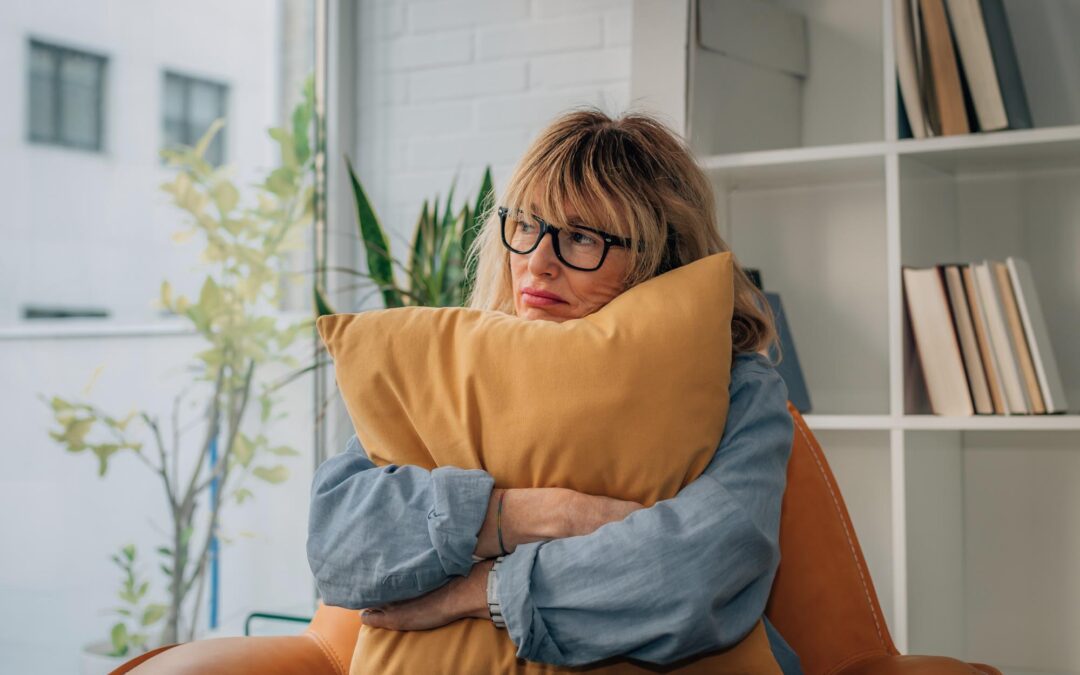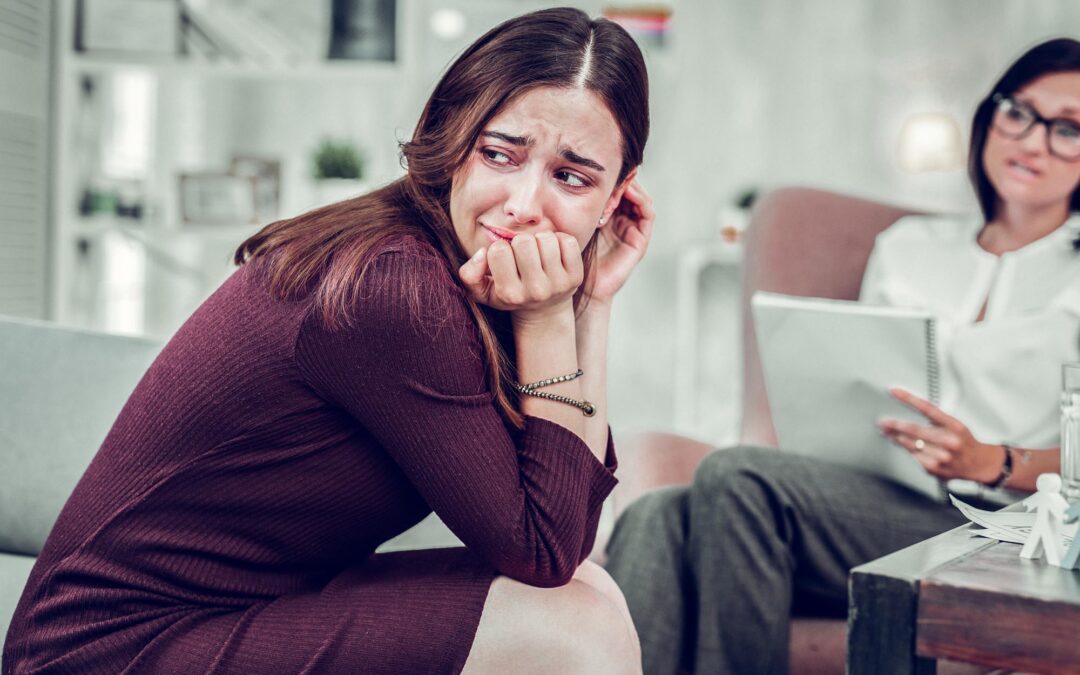In today’s fast-paced world, we’re constantly bombarded with stimuli – overflowing inboxes, overflowing closets, and an ever-growing list of obligations. This constant state of clutter can have a significant impact on our mental well-being, leading to feelings of anxiety, overwhelm, and a lack of focus.
Minimalism, however, offers a powerful antidote. By embracing a lifestyle centered on intentionality and owning less, we can create space not just in our physical environment, but also in our minds. This article explores the profound mental health benefits of minimalism, and how it can empower you to cultivate a calmer, clearer, and more fulfilling life.
Understanding Minimalism: It’s Not Just About Stuff
Minimalism is often mistaken for simply getting rid of things. However, it’s a philosophy that extends far beyond decluttering your closet. At its core, minimalism is about intentionality. It’s about consciously choosing what has value in your life and letting go of the rest. This can manifest in various ways, from simplifying your physical possessions to streamlining your routines and commitments.
The key concept to remember is that minimalism is a personal journey. There’s no one-size-fits-all approach. It’s about identifying what brings you joy and fulfillment, and eliminating the things that create clutter and drain your mental energy.
How Minimalism Benefits Your Mental Health
The transformative power of minimalism on mental well-being is multifaceted. Here are some key ways it can positively impact your inner world:
- Reduced Anxiety: Clutter can be a significant source of anxiety. When our surroundings are overflowing with stuff, it can be overwhelming to manage and keep track of. Minimalism helps eliminate this visual and mental clutter, creating a calmer and more serene environment. This can significantly reduce anxiety and promote a sense of peace.
- Improved Focus: Ever feel like your brain is constantly bouncing from one thing to the next? Physical clutter can contribute to this scattered state of mind. By minimizing your belongings, you remove distractions and create a more focused environment. This can significantly enhance your ability to concentrate and be present in the moment.
- Greater Clarity: When our lives are cluttered with excess possessions and commitments, it can be challenging to see what truly matters. Minimalism encourages us to pare down and prioritize. This process of introspection can lead to a clearer understanding of our values, goals, and what brings us meaning.
- Enhanced Well-being: Minimalism promotes a sense of control over your environment and life choices. By consciously choosing what you bring into your life, you cultivate a sense of agency and empowerment. This, in turn, can boost your self-esteem and overall well-being.
Additional Benefits: Minimalism can also lead to improved sleep quality, increased creativity, and a deeper appreciation for the things you do own.
For a deeper dive into the concept of minimalism, check out “The Life-Changing Magic of Tidying Up” by Marie Kondo.
Getting Started with Minimalism: A Gentle Approach
Embracing minimalism doesn’t have to be an all-or-nothing proposition. Here are some gentle steps you can take to begin your journey:
- Start Small: Instead of tackling your entire house at once, choose a single drawer, shelf, or cabinet to declutter. Focus on letting go of items that no longer serve you or bring you joy.
- Ask Yourself Questions: Before keeping an item, ask yourself: When was the last time I used this? Does this spark joy? Being mindful about what you keep can help you make conscious choices.
- Focus on Experiences: Minimalism is not just about physical possessions. Consider minimizing commitments and activities that drain your energy. Focus on creating meaningful experiences and spending time with loved ones.
- Embrace Mindfulness: Mindfulness practices like meditation can help you become more aware of your thoughts and feelings. This awareness can be a powerful tool in identifying areas where minimalism can benefit you.
Practice Self-Compassion: Minimalism isn’t about achieving perfection. It’s a continuous process of self-discovery and adaptation. Be gentle with yourself, celebrate your progress, and don’t be afraid to make adjustments along the way.
Finding Support: Lightwork Therapy & Recovery
While minimalism can be a significant step towards improved mental health, it’s sometimes essential to seek additional support. Here’s how Lightwork Therapy & Recovery can help:
- Addressing Underlying Issues: Anxiety, overwhelm, and decision-making struggles can sometimes stem from deeper emotional and psychological challenges. Our therapists can help you identify and address the root causes for lasting change.
- Developing Coping Mechanisms: We’ll equip you with healthy coping mechanisms to manage stress and difficult emotions. This might include mindfulness practices, relaxation techniques, and strategies for challenging negative thought patterns.
- Personalized Support: We understand everyone’s journey is unique. Our therapists personalize your treatment plan to align with your specific needs and goals. We offer a variety of services including individual therapy, group therapy, and specialized programs like our Trauma Treatment Program.
For more information about the connection between minimalism and mental health, check out this article by Psychology Today HERE.
Minimalism: A Journey of Self-Discovery
Minimalism is more than merely decluttering your living space. It’s a powerful tool for cultivating self-awareness, reducing mental overload, and fostering a sense of peace and clarity. By embracing simplicity and intentionality, we create space in our lives for true well-being.
The benefits of minimalism extend far beyond the physical realm, directly impacting our mental and emotional health. If you are feeling overwhelmed, anxious, or stuck, minimalism can offer a path to increased clarity, focus, and ultimately, a happier and more fulfilling life.
If you’re ready to explore how minimalism and professional support at Lightwork Therapy & Recovery can enhance your well-being, don’t hesitate to contact us today. Let’s embark on this transformative journey together.





